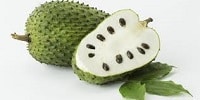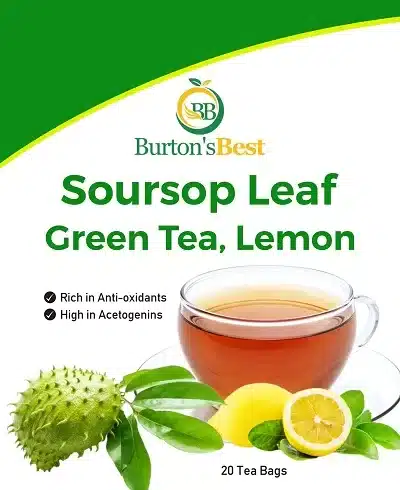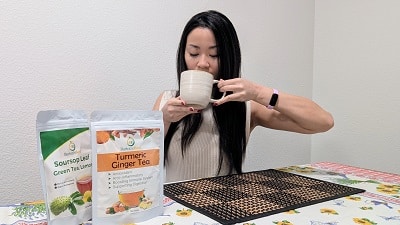Herbal teas are more than just warm, comforting drinks. They’re also some of the richest natural sources of antioxidants, compounds that help protect the body from damage caused by oxidative stress. By enjoying a daily cup of herbal tea, you’re not only hydrating—you’re also nourishing your body with plant-based wellness. Understanding the antioxidant benefits of herbal tea helps explain why these beverages are an essential part of a healthy lifestyle.
What Are Antioxidants?
Antioxidants are natural compounds that defend the body against free radicals—unstable molecules that can damage cells and contribute to aging, inflammation, and chronic illness. While the body produces some antioxidants on its own, we rely heavily on diet to keep defenses strong. Herbal teas are one of the easiest and most enjoyable ways to get them.
Why Herbal Teas Are Rich in Antioxidants
The plants used to make herbal teas—flowers, roots, fruits, and leaves—are naturally packed with protective compounds like polyphenols, flavonoids, and anthocyanins. When steeped in hot water, these beneficial compounds are released, making them easy for the body to absorb. This makes herbal teas not only soothing but also powerful sources of wellness. The herbal teas rich in antioxidants each bring their own unique health-supporting benefits.
Hibiscus: Vibrant and Vitamin-Rich
Hibiscus tea, with its deep red color and tart flavor, is loaded with anthocyanins—the same antioxidants found in berries. These compounds support heart health, circulation, and immune function. Hibiscus is also a good source of vitamin C, giving it a dual role in strengthening the body’s defenses.
Matcha: Focus and Protection
Matcha stands out for both energy and antioxidant content. Rich in catechins, especially EGCG (epigallocatechin gallate), matcha supports metabolism and overall cellular health. Unlike steeped tea, matcha is consumed as a powder, so you get the full concentration of antioxidants with every sip. This makes it one of the most potent herbal teas rich in antioxidants, even though it’s technically a form of green tea.
Soursop: A Tropical Powerhouse
Soursop tea, made from the leaves of the soursop tree, has been valued in traditional medicine for its antioxidant and anti-inflammatory properties. Compounds in soursop may help the body combat oxidative stress while also promoting immune resilience. Its tropical, slightly tangy flavor makes it both enjoyable and beneficial.
Valerian Root: Restorative Antioxidant Support
Best known for its calming properties, valerian root also contains antioxidants that support the body’s natural balance. While it’s often enjoyed as a nighttime tea, the antioxidant benefits of herbal tea like valerian show that relaxation and protection can go hand in hand. Better rest means better restoration for your body’s defense systems.
Everyday Benefits of Antioxidants in Tea
Drinking herbal teas rich in antioxidants on a regular basis supports your body in many ways:
-
Cellular health: Protects cells from oxidative stress and damage.
-
Heart health: Helps maintain circulation and cholesterol balance.
-
Immune strength: Provides compounds that support the body’s defenses.
-
Healthy aging: Slows the impact of free radicals linked to aging.
The beauty of herbal teas is that each cup is both simple and powerful—a daily act of self-care that builds long-term wellness.
The Bottom Line
The antioxidant benefits of herbal tea make it one of the easiest, most natural ways to support overall health. From hibiscus and matcha to soursop and valerian root, each tea offers unique protective compounds that strengthen your body from within. By making antioxidant-rich teas part of your daily routine, you’re giving yourself more than flavor and comfort—you’re giving your body the natural defense it needs.








